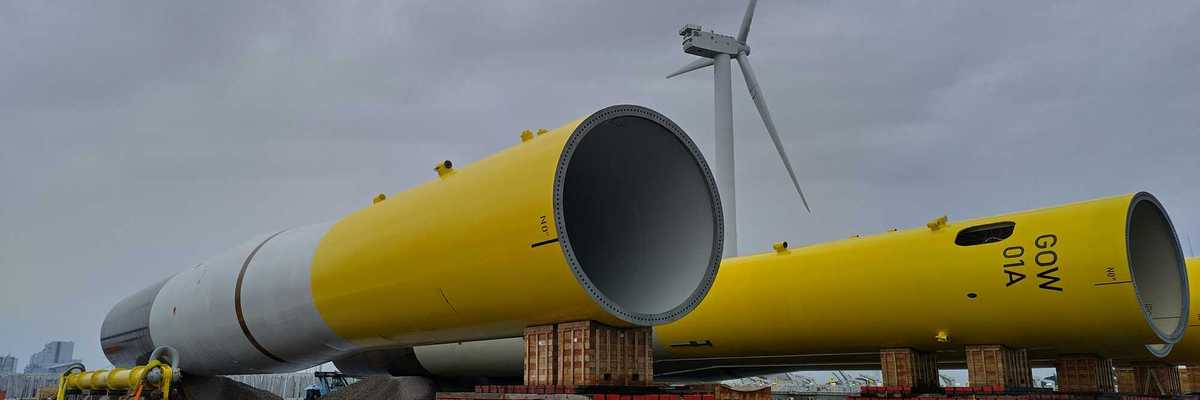industrial farming
A Michigan court ruling may reshape how animal waste is regulated
A recent Michigan Supreme Court decision could drastically change how the state — and possibly others — regulates pollution from industrial animal farms.
Keith Schneider reports for Circle of Blue and The New Lede.
In short:
- Michigan’s Department of Environment, Great Lakes, and Energy (EGLE) now has the authority to enforce stricter manure management practices for Concentrated Animal Feeding Operations (CAFOs).
- The ruling is seen as a significant win for environmental advocates, who hope it will set a precedent for stronger regulations nationwide.
- CAFO waste, which contains harmful chemicals and bacteria, has been a major source of water pollution in Michigan and other states.
Key quote:
"This is a rare win for water protection."
— Sam Carpenter, executive director of the Hoosier Environmental Council
Why this matters:
With this ruling, there’s hope that we might finally see a shift toward more sustainable and responsible farming practices that protect both our environment and our health. It's a win for clean water, and a wake-up call for an industry that’s been polluting unchecked for far too long.
Read more: Peak Pig: Our series on the fight for the soul of rural America
Banks pressured to tighten climate strategies for agriculture sector
Despite constituting a small fraction of their portfolios, big banks' financing of the industrial livestock industry plays a disproportionately large role in global greenhouse emissions, a recent environmental report reveals.
In short:
- A new report indicates big banks' funding of the industrial livestock sector is significant for its climate impact, despite being a minor part of their loan portfolios.
- Among the banks, three major ones account for 60% of financial backing to the largest animal agriculture companies, which are key in emissions.
- Proposed solutions include mandatory emissions reporting and reduction plans for these companies, aligning with global climate objectives.
Key quote:
"We're saying to them, 'Look, this is something that is a very, very tiny portion of your portfolio, but could actually make massive strides towards your own stated climate commitments,'"
— Monique Mikhail, campaigns director of Friends of the Earth’s Agriculture & Climate Finance program
Why this matters:
The financing from major banks helps sustain and expand these operations, directly linking them to the environmental impact associated with industrial livestock farming. This support extends not only to the farms themselves but also to the entire supply chain, including feed production, animal breeding, meat processing, and distribution networks, all of which contribute to the carbon footprint of the industry.
NC law makes electric utilities buy power from poultry waste
Nebraskans urge better state management of factory farm animal waste
Clean-water advocates are urging the Nebraska Department of Environment and Energy to do more to protect drinking water and soil quality impacted by industrial-scale beef, pork and chicken operations.
Advocates: Climate change, pollution imperil Cape Fear
The Field Report: A deadly bird flu resurfaces
Cases of bird flu—or highly pathogenic avian influenza (HPAI)—were discovered in poultry flocks in three different states this week, raising concerns about the spread of the virus across the U.S.









